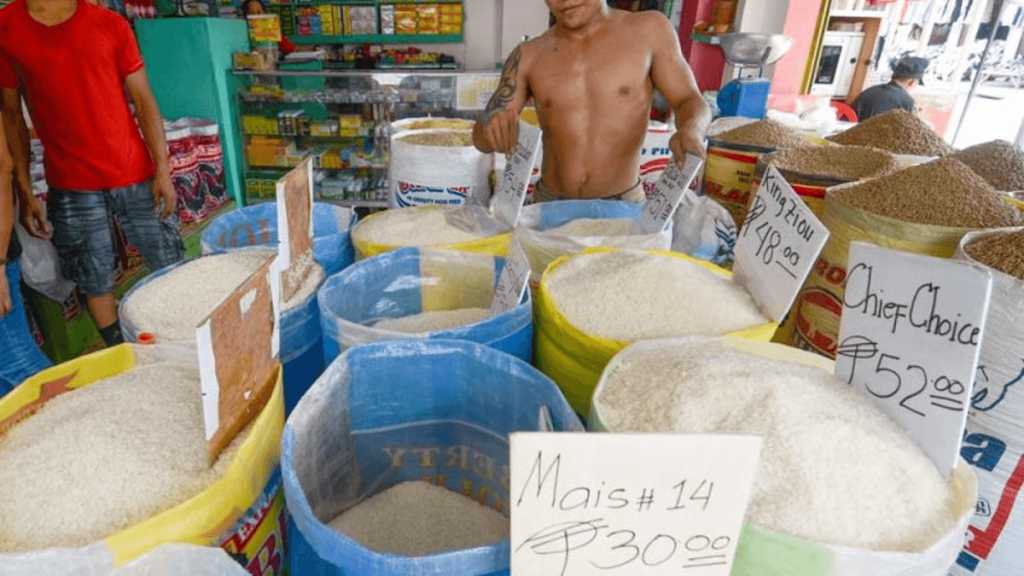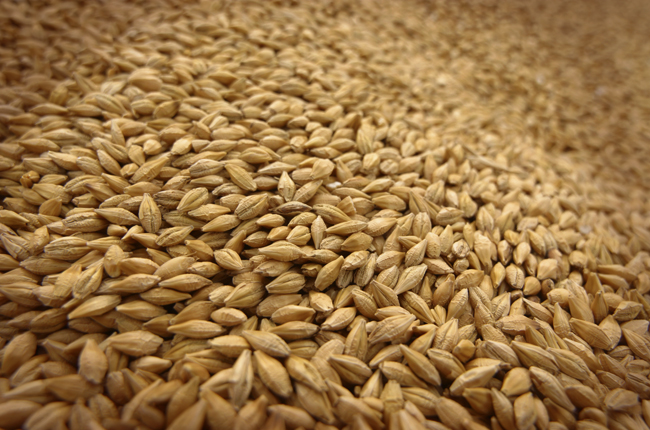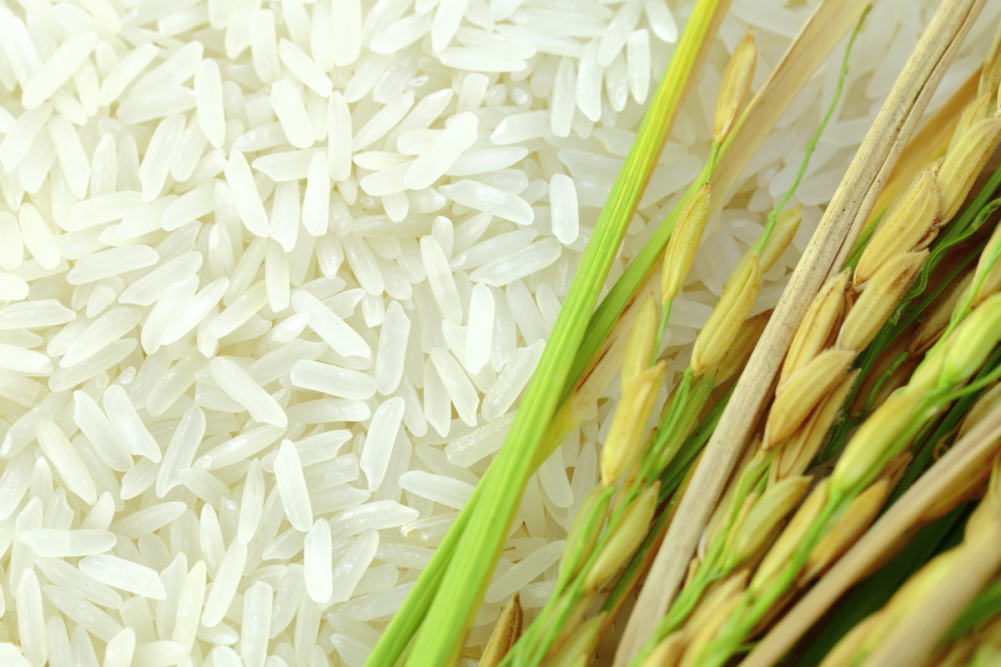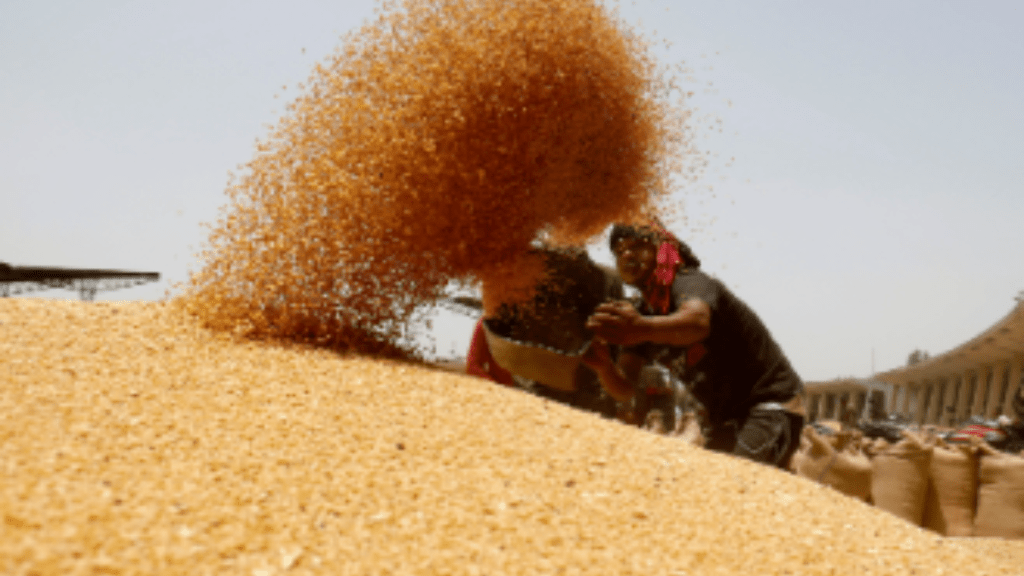Tags
Rice prices in PH propel inflation to 3.4% in Feb.

Katlene O. Cacho-Laurejas
INFLATION rate for February rose to 3.4 percent from 2.8 percent in January as prices of rice and meat went up, the Philippine Statistics Authority announced on Tuesday, March 5, 2024.
The modest uptick still fell within the government’s target band of two to four percent and within the Bangko Sentral ng Pilipinas’ (BSP) forecast of 2.8 percent to 3.6 percent for the month.
The year-to-date inflation rate stood at 3.1 percent.
Food logged a faster inflation rate of 4.8 percent in February, up from 3.3 percent in January, caused by higher prices of rice and meat. However, this was tempered by slower inflation in some food items such as fish, eggs and dairy products and lower prices recorded for vegetables and sugar.
Meanwhile, non-food inflation climbed to 2.4 percent from two percent, driven by increased inflation in housing rentals, utilities and transport.
Rice inflation
Rice remained the top contributor to the month’s inflation, accounting for 2.1 percentage points, while the slight acceleration in meat inflation was attributed to price increases in pork and beef.
According to the Department of Finance (DOF), the increase in rice inflation was mainly due to higher rice prices domestically and internationally.
“Factors such as El Niño have impacted major rice-exporting countries like Thailand and importers alike have created supply-demand imbalances. Additionally, export curbs in India, the largest rice exporter, contributed to a surge in international rice prices,” the DOF said in a statement.
National Economic and Development Authority Secretary Arsenio Balisacan said that the government will continue monitoring food supply and prices and implement necessary policies and strategies to ensure affordable and adequate food for Filipino families, especially those from the most vulnerable sectors.
“As we navigate the economic landscape, it is imperative that we remain vigilant and proactive in our approach to managing inflationary pressures. While we have seen some relief from certain inflation risks, we must not become complacent. The potential impact of a strong El Niño weather pattern on food prices is a significant concern for our community. Rising transportation costs, electricity rates, and volatile oil markets are putting pressure on household finances. Our team is actively formulating robust strategies with the concerned agencies in response to these challenges. We must be agile, adaptive, and forward-thinking,” the government’s chief economic planner said.
Balisacan added that international rice prices have started to ease, and local supply is expected to increase with the dry season harvest beginning this month through April. Balisacan also said that the Department of Agriculture is collaborating closely with the International Rice Research Institute to increase the country’s rice production.
The DOF, on the other hand, said, a P455.59 million budget for the Rice Competitiveness Enhancement Fund for the first quarter of 2024 has been approved for release by the Department of Budget and Management to fund programs focusing on farm productivity and food security.
The government, it added, will also continue the distribution of Fertilizer Discount Vouchers as a measure to sustain crop production amidst El Niño.
Additionally, the government continues to explore more rice trade agreements to ensure a stable supply of rice. Apart from ongoing rice trade deals with India and Vietnam, the government is in talks with Cambodia.
Medium-term outlook
Meanwhile, the BSP in its medium-term inflation outlook warned that inflation could temporarily accelerate above the target range from the second quarter of 2024 due to the adverse impact of El Niño weather conditions on agricultural production and positive base effects.
“The risks to the inflation outlook have receded but remain tilted toward the upside. The upside risks to the inflation forecasts are linked mainly to higher transport charges, increased electricity rates, higher oil and domestic food prices, and the additional impact on food prices of a strong El Niño episode. Meanwhile, the implementation of government measures to mitigate the impact of El Niño weather conditions is the primary downside risk to the outlook,” the BSP said. / KOC
https://www.sunstar.com.ph/cebu/rice-prices-in-ph-propel-inflation-to-34-in-febPublished Date: March 5, 2024






